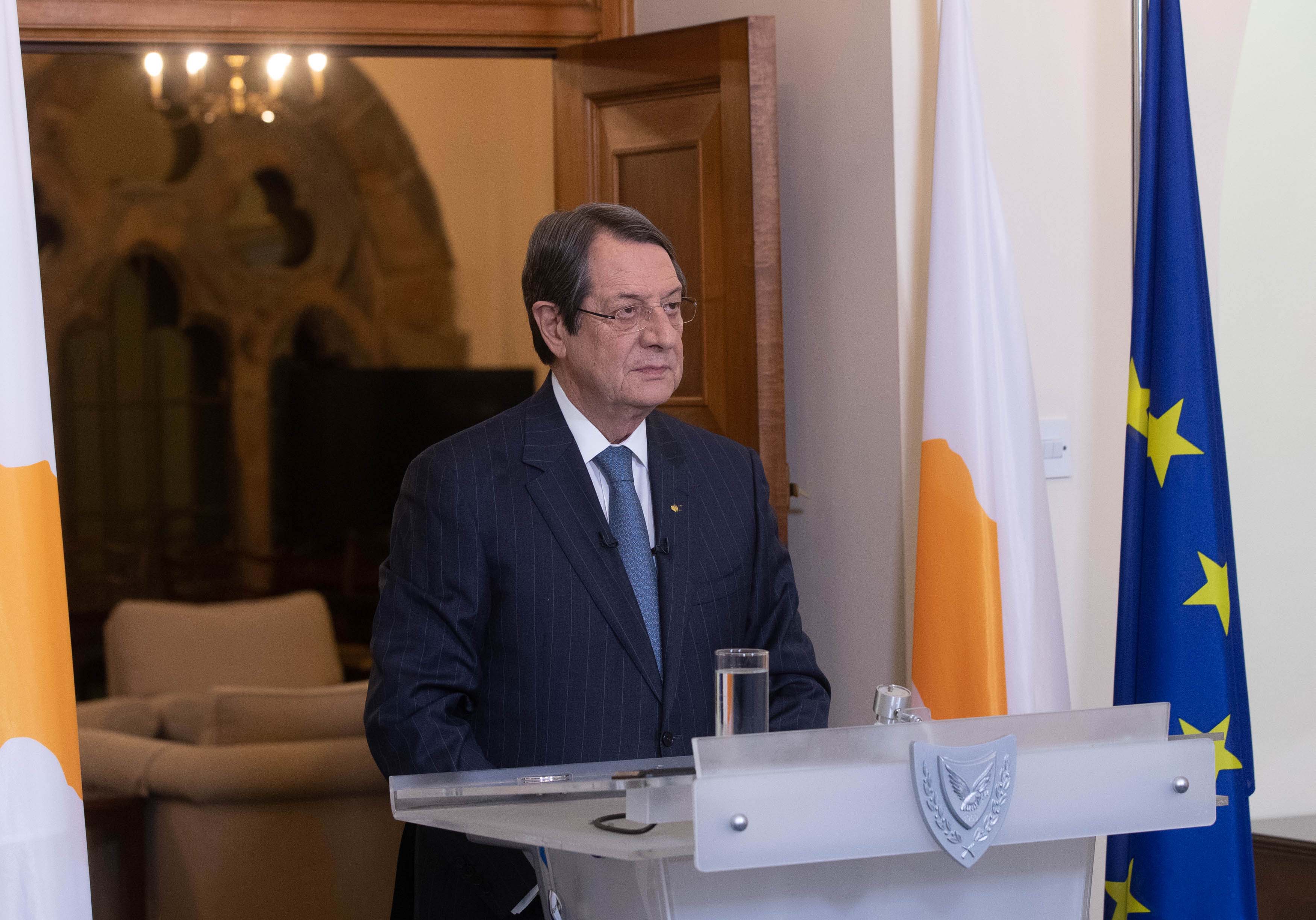As President Nicos Anastasiades is scheduled to address the nation on Thursday night about anti-corruption measures, opposition parties have taken shots from the sidelines.
The stage is set for a perfect political storm: the ongoing investigative committee is looking into the passport scandal, while the president is also due to announce anti-corruption measures on Thursday – as parliamentary elections loom large in May.
Diko chairman Nicolas Papadopoulos, who has positioned himself as the champion against corruption, criticised the president and the ruling Disy party for failing to hold a press conference to announce the steps but is instead delivering a speech.
Papadopoulos suggested this was to avoid “uncomfortable” questions from journalists, while reiterating that his own party had proposed measures to combat corruption.
He also said that Anastasiades and Disy have so far refused to hold a meeting to discuss the proposed measures.
The Diko chairman also called on Anastasiades to answer questions such as: “How many times has he gone to the Seychelles via private jet and if, either the person who gave him this gift or his family, received preferential treatment from the Anastasiades government in return?”
Failure to answer such questions, Papadopoulos said, will mean his speech is filled with empty words which unfortunately we have become accustomed to under his government.
Akel meanwhile said that the details provided by Anastasiades’ own ministers to the passports investigative committee indicate that criminal offences are likely to have been committed.
Akel spokesman Stefanos Stefanou said: “The question naturally arises as to whether the attorney-general will act on what is being reported.”
“It does not go unnoticed that as the true dimensions of the scandal are gradually being uncovered, members of the government have turned to blaming each other,” Stefanou said.
Whatever the personal responsibilities may be, he said, the collective responsibility lays with the Anastasiades-Disy government which set up and maintained the enormous network.
Stefanou concluded his statements in saying: “Anastasiades and his government are part of the problem… [he] has no credibility to announce anti-corruption measures.”
The noxious fallout from the passport scandal has given various parties ample ammunition with which to hit the government, but many critics say that the tendrils of corruption go much deeper as most parties are implicated.
Notably, Akel MP Christakis Giovanis and then House speaker Demetris Syllouris were forced to resign following al Jazeera’s damning undercover report on the ‘golden passports’ scandal.







Click here to change your cookie preferences